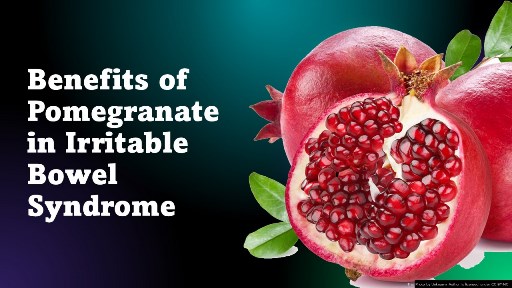What is Pomegranate?
Pomegranate is a very tasty fruit and can be easily found everywhere in the world. Pomegranate fruit is granular and opening the fruit reveals juicy and inside each seed is a hard seed. The taste can be sour or sweet. But most of the pomegranates available in the world have a sour like taste and in red color. People also drink pomegranate juice, and it is an energy drink.
How to eat pomegranate in IBS
IBS is a disease in which the patient is unable to lead a normal life. Symptoms of IBS are stomach upset, sometimes diarrhea, sometimes constipation, sometimes colon pain, sometimes headache, etc. If you want more information about IBS, click here
Eating pomegranate is very beneficial in IBS and its consumption reduces the symptoms of IBS.
There are two main reasons for this.
The seeds inside the pomegranate are chewed and eaten, they help the food in the digestive system to move forward. Similarly, its juice is also considered very useful for the stomach. But one thing is very important here. If you are eating pomegranates, sour pomegranates should be avoided, and only sweet ones or sweet pomegranate juice should be consumed. The oxalic and tartaric acids in pomegranate can be unfavorable to the gut and can cause gas as well as abdominal cramping.
When should Pomegranate be eaten in IBS?
If you are suffering from IBS and thinking of eating pomegranate, then eat pomegranate immediately after meal. This will help in digestion of food. It is also important to chew and grind pomegranate well. It will go inside the gut and mix with the food and will help to expel feces from the body easily.
When should you drink pomegranate juice?
If you want to drink pomegranate juice, you should drink it before lunch and immediately after having the above meal. This will also help the digestion of the food as well as help the food to move through the digestive system. Here it is very important that if you are drinking pomegranate juice, take pure pomegranate juice and do not use anything to improve the taste or chemicals.
Solution of IBS symptoms due to sour pomegranates
If you are experiencing symptoms of IBS, drink lots of water immediately. Be sure to drink as much water as you like or use deionized water. And try to eat from above. Eat because sour Pomegranate can stimulate the gut. Eating food can make it normal. If the symptoms are still not normal, use the medicine prescribed by the doctor.
Reviewed By:
- Dr. Muhammad Zubair Chaudhary
- Syeda Noor-ul-Ain Naqvi
For Reviewer Detail Click Here

